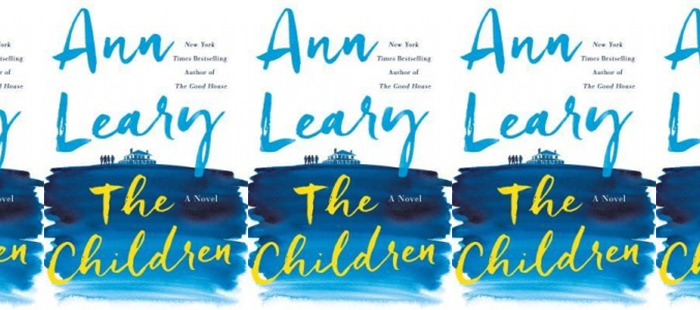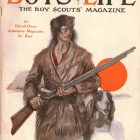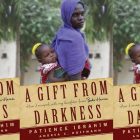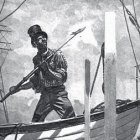Review: THE CHILDREN by Ann Leary

The Children
Ann Leary
St. Martin’s Press, May 2016
256 pp; $26.99
Buy: hardcover | eBook
Reviewed by Amanda Forbes Silva
When I recently entered Ann Leary’s, The Good House, I found myself enjoying some of the quirkiest, most human, and authentically rendered company in Leary’s characters, each of which inspired me to get to know more of her work. I was delighted to discover that her upcoming novel, The Children, was scheduled for release the following week. Ah, serendipity!
The Children, or more accurately, the interactions between the grown-up versions of Sally, Charlotte, Perry, and Spin, offers readers a clear view of the sibling dysfunction that takes root in childhood before coming to full bloom in adulthood.
Whit Whitman, patriarch, and Joan – matriarch to Sally and Charlotte, stepmother to Perry and Spin, are responsible for some of the crazy planted in this family, evidenced by their grown-up children who are quick to identify, and in some cases, magnify their parents’ neuroses to the scope of total lunacy.
These realizations are often comically captured by Leary, but also resonate with traumatic consequence. No matter the effect, Leary commands every scene with the poise of a practiced storyteller who has mastered the timing required to craft narrative tension, punctuated throughout by precise and intentional reveals.
The novel is arguably about a fractured family trying to shore up the cracks in its own foundation while confronted by an external enemy. It’s a story of survival, a skill held dear by Whit, whose lessons to his children linger well after his loss:
Whit loved the idea of survival. He had a romantic fascination with the idea that you might overcome any trial offered up by nature or fate, as long as you were prepared. He took every opportunity to teach us children survival skills…on hot summer nights, floating on our backs in the lake, he taught us how to find Polaris. We all tried to be the first to see it.
Unfortunately, that guiding light seems to dim in the presence of the parasitic, know-it-all character of outsider, Laurel Atwood, who is what every well-wrought villain should be: layered, deceptive, tough to peg.
As Charlotte narrates: “Laurel had a way of unveiling herself little by little. I think she tries to give herself a more human scale that way.”
But, part of what makes it impossible to blindly accept Laurel as the antagonist is the population of characters surrounding her, each of whom are, not fatally flawed, but just so very real in their weaknesses. Charlotte and Sally’s foibles, in particular, leave the reader guessing the veracity of their assessments of Laurel and her intentions.
Leary so clearly examines the complications at the heart of our closest relationships—our own self-awareness and how we understand our roles within our families—most readers will undoubtedly draw parallels to their own lives.
Another conflict with respect to reality vs. perception comes from Leary’s timely observations of the disparity between lives animated online versus in the flesh. Who can ever tell what is actually real? She even lends a dual nature to the setting: the light reflecting off the lake at the Whitman’s otherwise bucolic, musically-motivated home, is overshadowed by the neighboring prestigious New England prep school.
Leary writes life as it really is. Her talent refuses the satisfactory or easy ending. She deftly avoids the “happy,” or better yet, predictable resolution. In doing so, she redefines those trite expectations by offering an alternative that is arguably more realistic, and perhaps, something we can all believe in more honestly.
To borrow from Charlotte, again:
I’ll still be able to see Polaris tonight… Once you find Polaris, you’ve found true north. You can navigate anywhere from there. Find a landmark, I’ll tell the children…that way, you’ll be oriented the next day, when the stars are gone.
Words to live by, courtesy of Leary’s engaging and insightful voice.
Amanda Forbes Silva received her MFA from Vermont College of Fine Arts in 2012. Her work has been published in bioStories, later anthologized in bioStories’ Mothers and Other Creatures, Empty Sink, Emrys Journal, The Riding Light Review, and Vine Leaves Literary Journal, later anthologized in The Best of Vine Leaves Literary Journal 2012. Interested readers are invited to check out her website:www.amandafsilva.com



